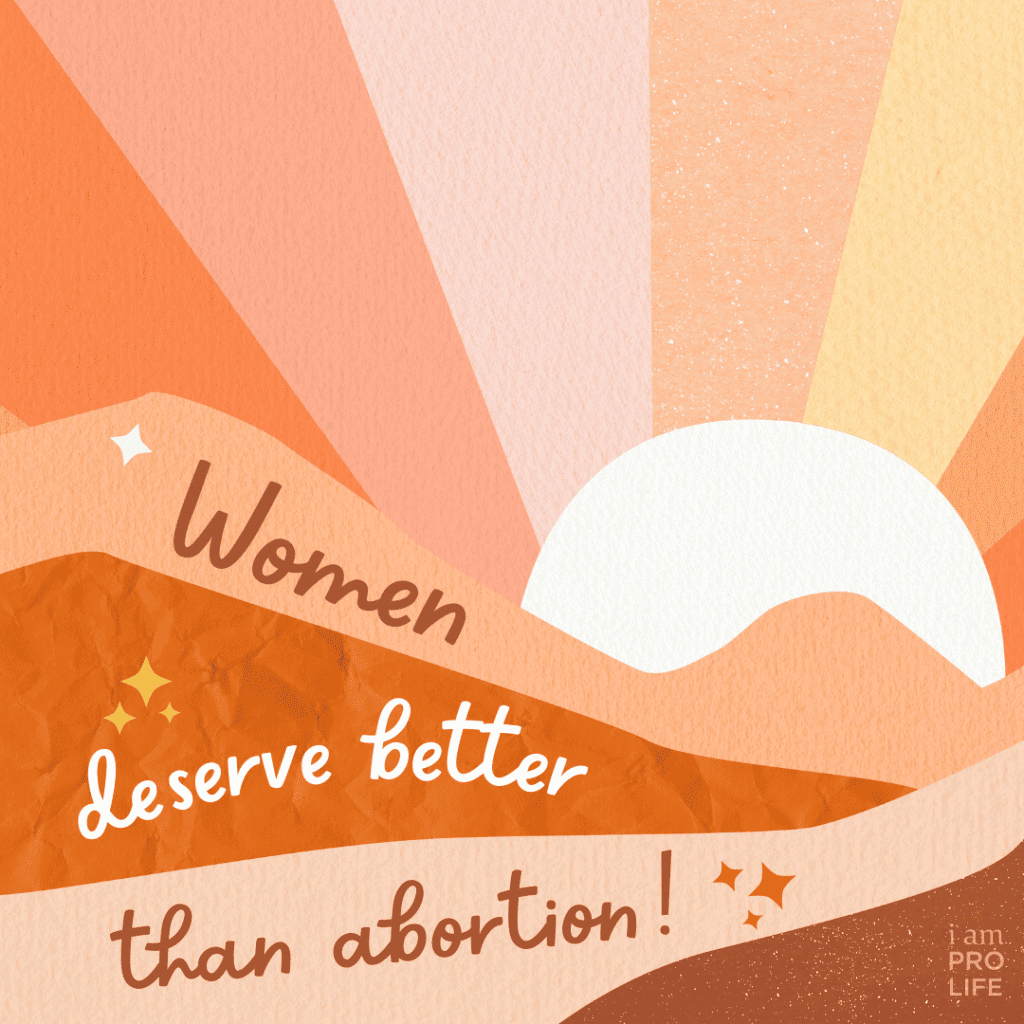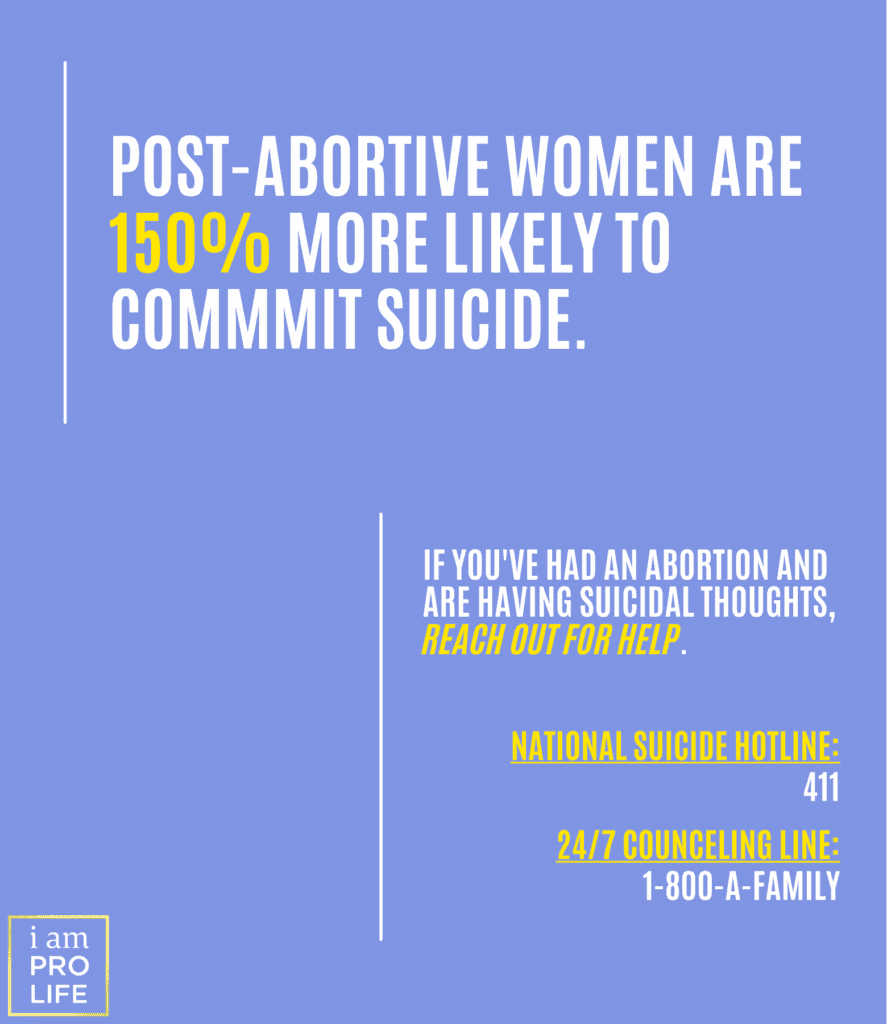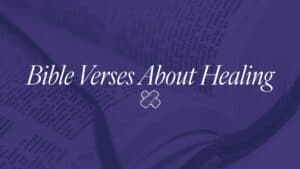When you recognize your need to come to terms with a past abortion, the following steps are important ones to consider on the path to healing:
Remember the Pain
The first step toward healing is peeling away the callus formed by months or years of denying and repressing the painful emotions connected with your abortion. Although your feelings have been bundled up and hidden away, too painful to deal with, they continue to fester like a smoldering infection They passively affect your current choices and behavior.
The simplest way to access these old feelings is to find a safe, supportive environment in which you can talk about your abortion experience.
Accept Forgiveness
If you hold any kind of spiritual beliefs, long-term healing will come only when you feel reconciled with God. If you struggle with the feeling that you are a second-class citizen in God’s eyes, you may turn away from God completely or try to “prove yourself” by being good long enough for God to forgive you.
Or, you may know in your mind that God can forgive any sin, but you can’t accept it in your heart, because you cannot forgive yourself. Here are three things we must all understand:
- Your debt is paid. The Bible clearly teaches that God has already made provision for your forgiveness: He accepts Jesus’ death as full payment for any and all sins we commit. Do not let your guilty emotions still demand that you pay the debt yourself.
- God is near. When we accept responsibility for our choices and openly express our sorrow to God, He is ready and waiting to draw us back into intimacy with Him.
- Consequences are not the same as punishment. A consequence of abortion might be infertility, but this is not a punishment from God. He is as grieved as we are about the losses brought on by our choices. Although we all live with the consequences of our choices, Jesus literally accepted the death sentence for our sins. He took the punishment so we don’t have to.
God is as grieved as we are about the losses brought on by our choices.
Identify and Release Anger
Perhaps you resist verbalizing your anger, thinking, “If I get in touch with the rage inside me, it might lead to a total loss of control.” The paradox is this: Until you openly acknowledge the pain and anger you feel about your abortion, you will not get rid of it.
Grieve the Loss
The need to grieve a pregnancy loss fully is well-documented, and for good reason.
But you may cry out, “How do I grieve when I feel like it is my fault?”
Many pregnancy resource centers host small, confidential groups where you can walk this path together with other women. Additionally, some ways to work through your grief may include writing out your feelings for your child or even having a quiet time of reflection to process. Overall, remember to remind yourself of God’s grace and love.
There is Healing After Abortion
A lot of women feel hopeless about ever resolving the pain connected with their abortion. But healing after abortion is possible, and God is as close as the air we breathe, waiting to hear our whispered cries for help.
Many women will seek and receive help this year; you can be one of them. There is no need for you to continue grieving silently. Reach out to someone who understands. You are not alone.
Teri K. Reisser, M.S., M.F.T., is a licensed marriage and family therapist who has been counseling post-abortive women since 1984. Paul C. Reisser, M.D., serves on the National Physicians Resource Council for Focus on the Family. They live in Thousand Oaks, Calif.
Additional Reading: If you’d like to learn more about abortion’s impact, visit StandApart.org.

















